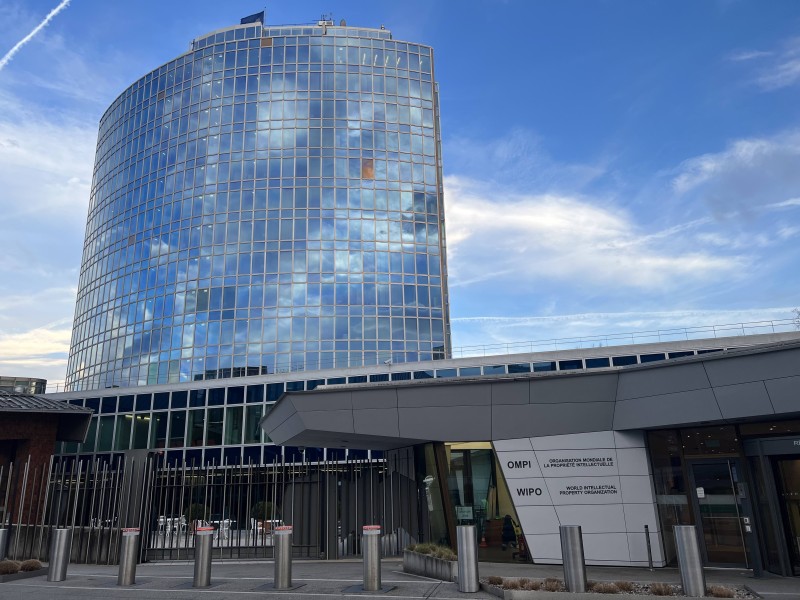To start with, there were a number of congratulatory remarks on the previous day’s Information Session on the Music Streaming Market. The GRULAC group presented its (rather last minute) proposal for analysis of copyright related to the digital environment which calls for discussion around the ‘value gap’ to be made a standing agenda item in its own right rather than part of the ‘other matters’ item. While a number of Member States (many from Latin America) took the floor to supported the proposal, others were either reluctant to see the issue become a standing item or felt that the late tabling of the document made it difficult to comment in any detail. Other proposals put forward for further discussion were an evaluation of the implementation of the Marrakesh Treaty, and the potential impact of the metaverse and artificial intelligence on copyright sectors.
An extended coffee break followed with discussions taking place in the background behind the scenes on next steps on a number of agenda items.
After the break Professor Sam Ricketson presented Part 1 of the new WIPO Toolkit on Artist’s Resale Right. Time pressures meant that Member States and observers couldn’t make general remarks and had to focus on next steps. There was broad support for the development of a toolkit.
The Rights of Theatre Directors was introduced by the secretariat and then the Russian Federation, supported by the Chinese delegation, sought to have a guide developed by the WIPO secretariat along the same lines as a previous guide conducted for the audiovisual sector.
Sierra Leone, Malawi and Panama took the floor in turn to appeal to delegates to approve the Proposal for a Study on the Public Lending Right to enable the Committee to gather and exchange information without targeting normative work. This was followed with a number statements of support from regional groups, individual Member States and author organisations. Brazil suggested extending the study to cover compulsory licensing and e-lending. A number of observers, including many from the access to knowledge coalition, opposed the study as out of WIPO’s scope, more relevant for UNESCO, likely to stretch limited developing nation budgets, designed to benefit foreign publishing companies – alternative suggestions from this group included rights exhaustion, rights reversion, unremunerated forms of copyright or limiting lending right royalties to national authors.
The Chair noted that there was broad support for the proposal while acknowledging some of the negative comments from the floor. He suggested coordination with the secretariat to ensure the proposal be moved forward in an inclusive way in terms of methodology and process.
The final coffee break of SCCR saw the chair and coordinators retreat go to ground to finalise the conclusions for the week. Those conversations lasted and lasted. Observers with planes to catch started to look nervously at their watches. The 6pm target to close the session came and went, the hour hand went round again, and again. The tired delegates came back into the plenary chamber to hear the chair’s summary.
A 3-day SCCR 44 confirmed for the week of 6 November with 1 day for Broadcasting, 1 day for Exceptions and Limitations and 1 day for other matters.
Other conclusions in the chair’s summary were:
- The Preservation toolkit – comments from delegations are welcome by May 19 2023
- The WIPO secretariat will now start preparing toolkits on access for libraries, museum and archives, and on access for educational and research institutions.
- Public Lending Right – the WIPO secretariat will prepare the study.
A final report will be circulated in the coming days and with that Owen Ripley echoed the thanks to the delegates, coordinators, interpreters, technical staff and the WIPO team bringing the proceedings to an end.

